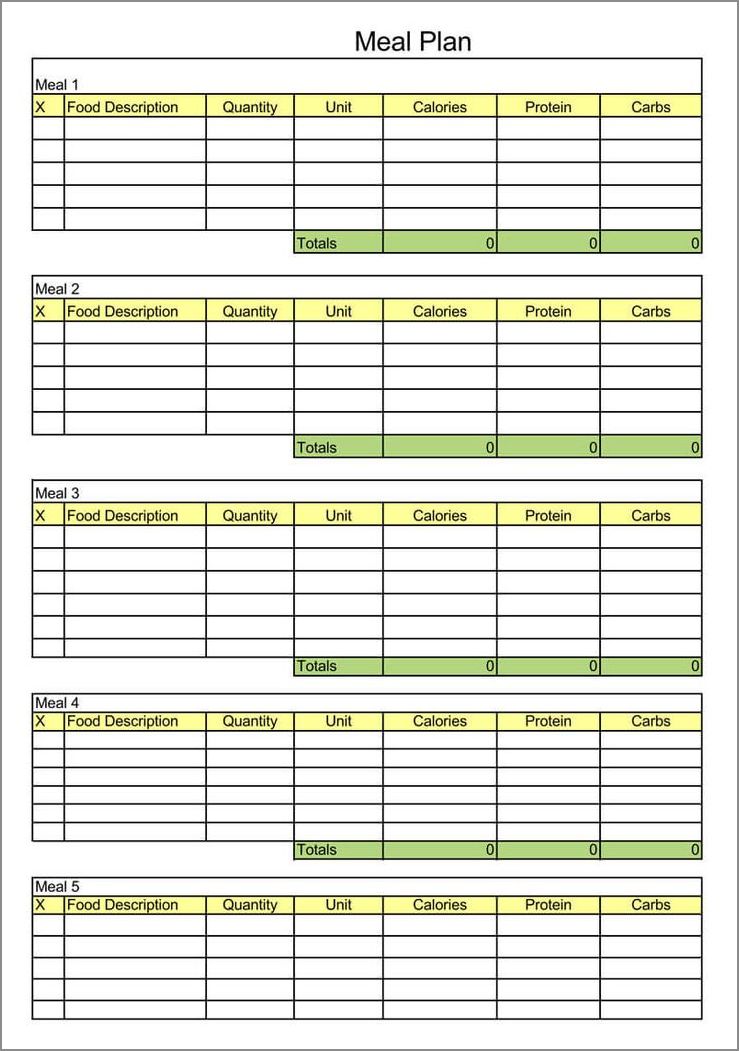Having a daily meal schedule is crucial for maintaining a healthy lifestyle. It helps you stay organized, ensures that you’re getting the proper nutrition, and can even improve your overall well-being.
In this article, we will explore the benefits of following a daily meal schedule and provide tips on how to create one that works for you.
Why is a Daily Meal Schedule Important?
A daily meal schedule plays a significant role in maintaining a healthy lifestyle. Here are some reasons why it is important:
1. Provides Structure: Following a daily meal schedule helps provide structure to your day. It ensures that you have designated times for meals and snacks, preventing you from skipping meals or overeating.
2. Maintains Energy Levels: Eating regular meals throughout the day helps maintain stable blood sugar levels, which in turn keeps your energy levels steady. This prevents energy crashes and helps you stay focused and productive.
3. Promotes Weight Management: Having a daily meal schedule can aid in weight management. By eating at regular intervals, you can avoid excessive hunger and reduce the likelihood of overeating. It also helps regulate your metabolism and digestion.
4. Improves Digestion: Eating meals at consistent times can improve digestion. Your body becomes accustomed to a routine, making it easier for your digestive system to break down food and absorb nutrients efficiently.
5. Ensures Adequate Nutrition: Following a daily meal schedule helps ensure that you are getting all the necessary nutrients your body needs. It allows you to plan well-balanced meals that include a variety of food groups.
How to Create a Daily Meal Schedule
Creating a daily meal schedule that works for you is essential. Here are some steps to help you get started:
1. Assess Your Current Eating Habits: Take a moment to evaluate your current eating habits. Note down the times you typically have meals and snacks, as well as any patterns of overeating or skipping meals.
2. Set Regular Meal Times: Determine the times you would like to have your meals and snacks. Aim for consistency by setting regular intervals between each meal. For example, you may choose to have breakfast at 8 am, lunch at noon, and dinner at 6 pm.
3. Listen to Your Body: Pay attention to your body’s hunger and fullness cues. If you’re not hungry at your scheduled mealtime, consider having a smaller snack or adjusting your mealtime slightly. It’s important to be flexible and listen to your body’s needs.
4. Plan Balanced Meals: Ensure that each meal includes a balance of macronutrients such as carbohydrates, proteins, and healthy fats. Incorporate a variety of fruits, vegetables, whole grains, lean proteins, and dairy or plant-based alternatives.
5. Prepare in Advance: Plan and prepare your meals and snacks in advance whenever possible. This will help you save time and prevent impulsive food choices. Consider meal prepping on the weekends or packing your lunch the night before.
6. Stay Hydrated: Don’t forget to include water as part of your daily meal schedule. Aim to drink at least 8 glasses of water throughout the day to stay hydrated and support overall health.
7. Be Mindful: Practice mindful eating by savoring each bite and paying attention to your body’s hunger and fullness signals. Avoid distractions such as television or smartphones while eating.
8. Adjust as Needed: Your daily meal schedule may need adjustments over time. Listen to your body and make changes accordingly. It’s essential to be flexible and adapt to your changing needs and lifestyle.
The Benefits of Following a Daily Meal Schedule
Following a daily meal schedule offers numerous benefits for your health and well-being. Here are some of the key advantages:
1. Improved Digestion: Eating at regular intervals allows your digestive system to work efficiently, reducing digestive issues such as bloating and indigestion.
2. Enhanced Energy Levels: A well-planned meal schedule ensures that your body receives a steady supply of nutrients, leading to sustained energy levels throughout the day.
3. Better Weight Management: Following a meal schedule helps prevent overeating and promotes portion control, making it easier to manage your weight.
4. Increased Nutrient Absorption: Consistently eating balanced meals allows your body to absorb nutrients more effectively, ensuring that you receive the maximum benefits from the food you consume.
5. Reduced Stress: Knowing when and what to eat eliminates the stress of making last-minute food decisions. It also helps regulate your body’s stress response.
6. Improved Sleep: Eating regular meals can positively impact your sleep patterns. Avoiding large meals close to bedtime can prevent discomfort and promote better sleep quality.
7. Enhanced Focus and Productivity: Stable blood sugar levels from regular meals can improve cognitive function and enhance your ability to focus and be productive throughout the day.
Sample Daily Meal Schedule
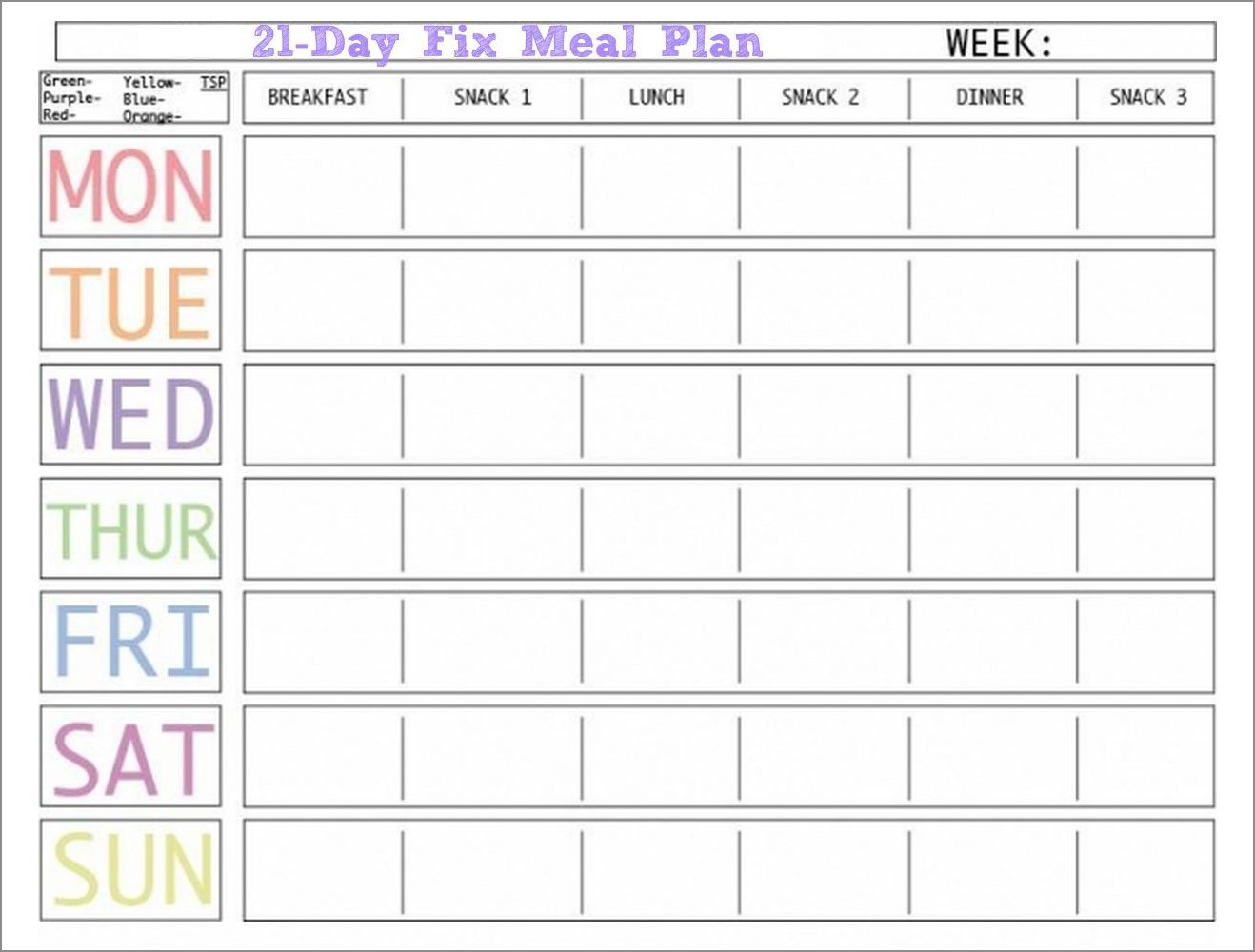
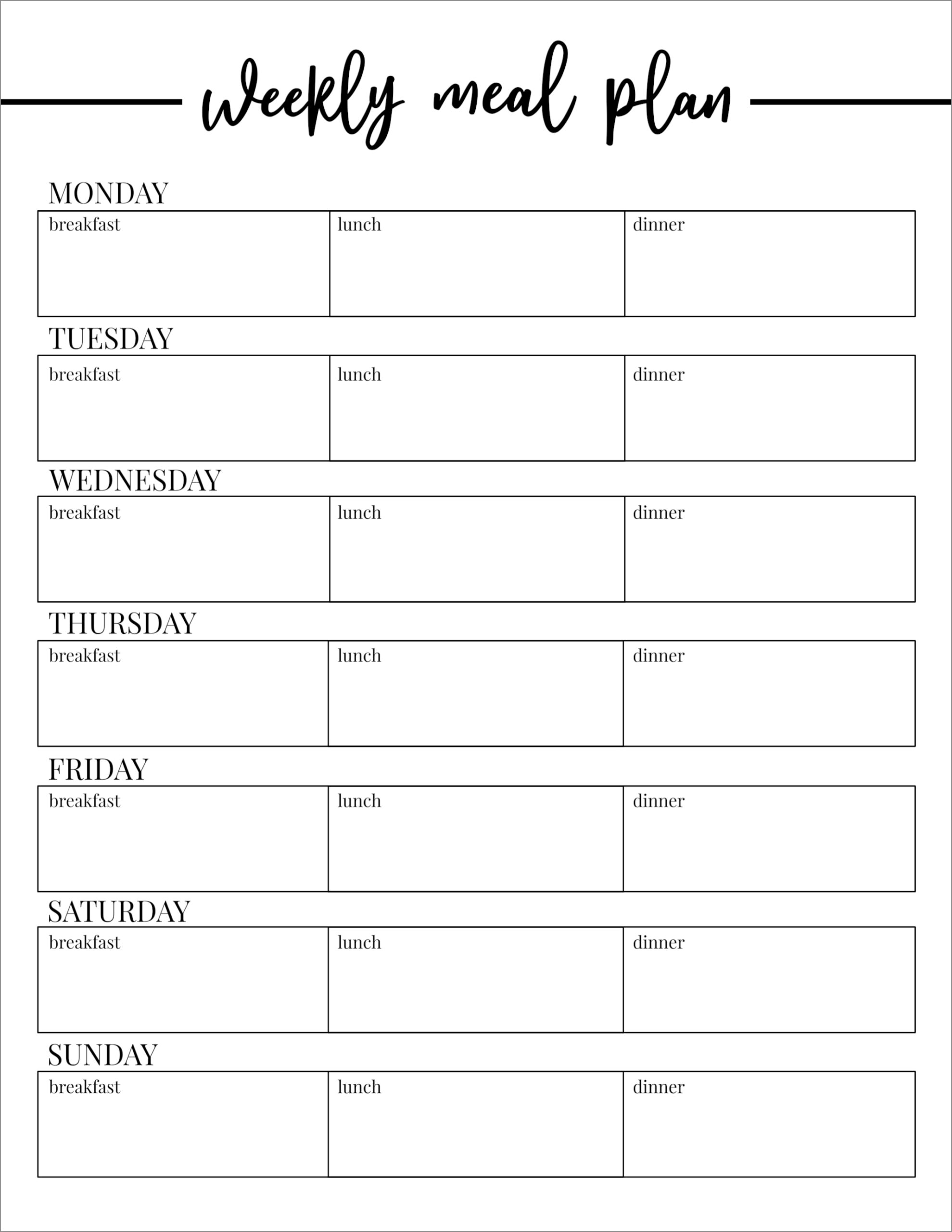
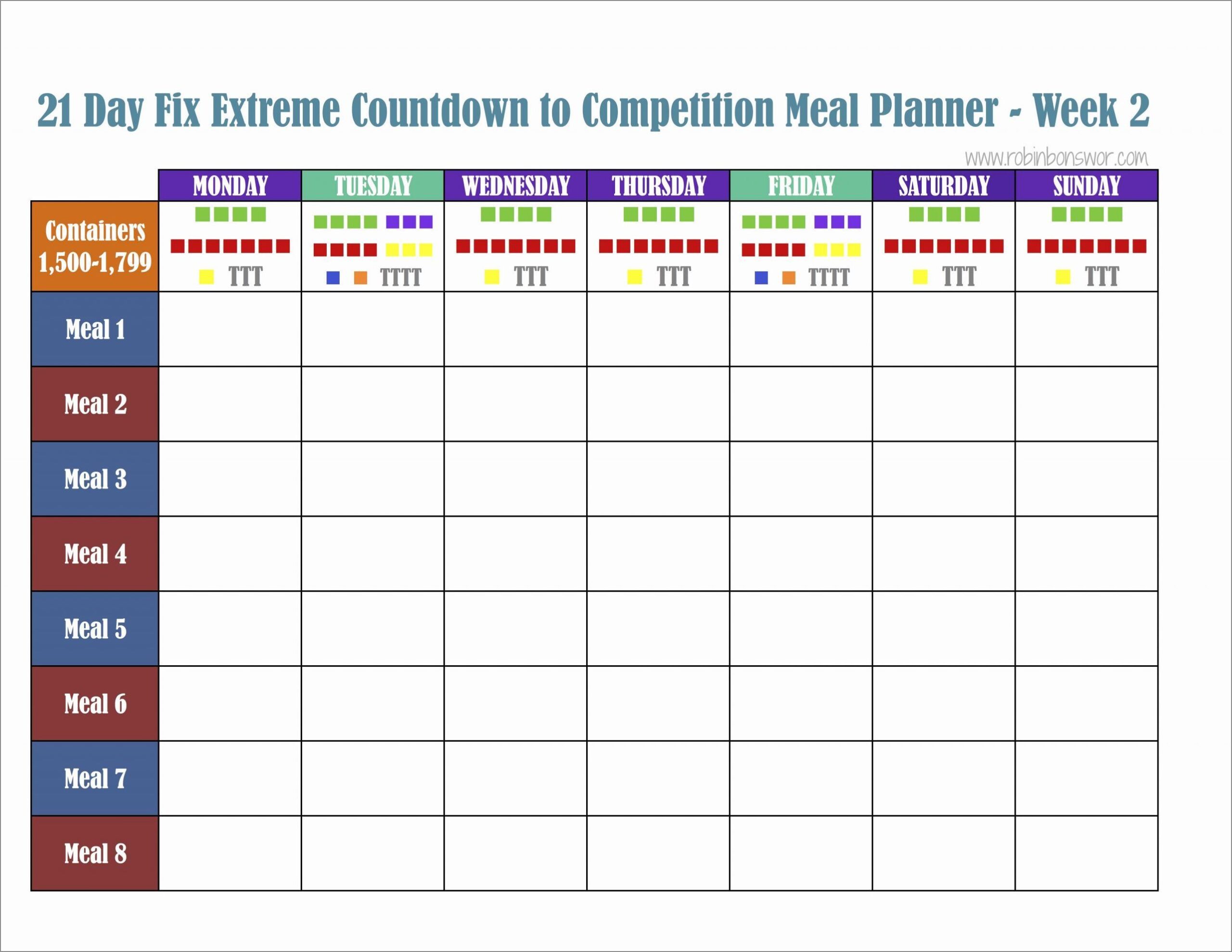
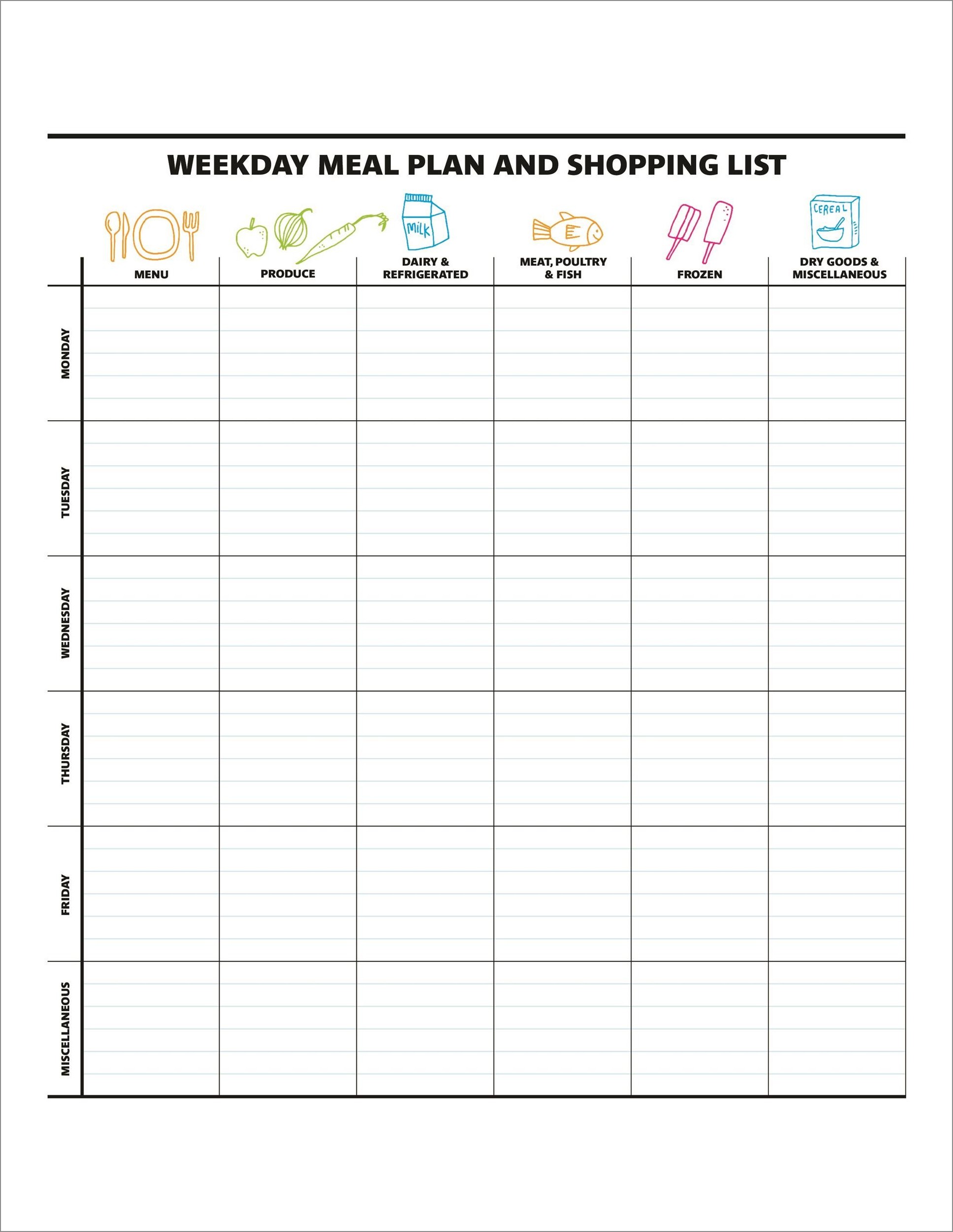
While everyone’s daily meal schedule will vary based on personal preferences and lifestyle, here is a sample schedule to provide you with an idea:
- 7 am: Breakfast – Oatmeal with berries and a sprinkle of nuts.
- 10 am: Mid-morning Snack – Greek yogurt with sliced fruits.
- 12 pm: Lunch – Grilled chicken breast with brown rice and steamed vegetables.
- 3 pm: Afternoon Snack – Carrot sticks with hummus.
- 6 pm: Dinner – Baked salmon with quinoa and roasted asparagus.
- 8 pm: Evening Snack – A small handful of almonds.
Remember, this is just a sample, and you can adjust it according to your preferences and schedule.
Conclusion
Establishing a daily meal schedule is an excellent way to prioritize your health and well-being. By following a consistent eating routine, you can optimize your digestion, maintain stable energy levels, manage your weight effectively, and ensure that your body receives the vital nutrients it needs. Take the time to create a meal schedule that works for you, and enjoy the benefits of a healthier lifestyle.
Daily Meal Schedule Template Excel – Download
